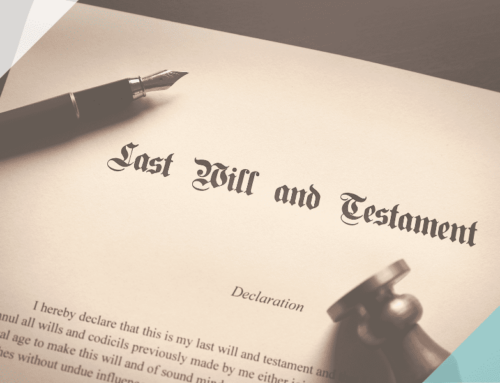In recent years many leaseholders have experienced difficulties when trying to sell or mortgage a property where unsafe cladding may be present.
The tide does now appear to be changing, with proposals for a £3 billion Building Safety Levy to fund remediation work, currently in consultation. The Levy will run alongside pledges by the country’s biggest homebuilders who have committed at least £2 billion to fix cladding defects.
The reassurance offered by the proposed schemes has led to major lenders changing their rules in regard to mortgage applications on these properties. Some lenders are also changing their position in regard to EWS1 Form. An EWS1 Form documents that a building has been assessed for its safety by a suitable expert.
Below is a summary of the key developments:
- Santander will now consider lending on flats in buildings irrespective of the building’s height or whether remediation work has commenced.
- Nationwide will now lend on affected properties, where the property is covered by the government or developer remediation schemes.
- HSBC will now consider lending on flats that have failed the EWS1 assessment.
- Barclays will now be able to lend on affected properties where a recognised remediation scheme is in place.
- Lloyds no longer requires an EWS1 form to progress applications for properties in England that are in buildings five storeys or higher.
- NatWest will support more customers with a mortgage on a building with cladding – but only for properties rated A3 or B2 in their EWS1 assessment.
If you are wanting to sell your home but are concerned you don’t have the right documents, please consider our Move Ready conveyancing.





